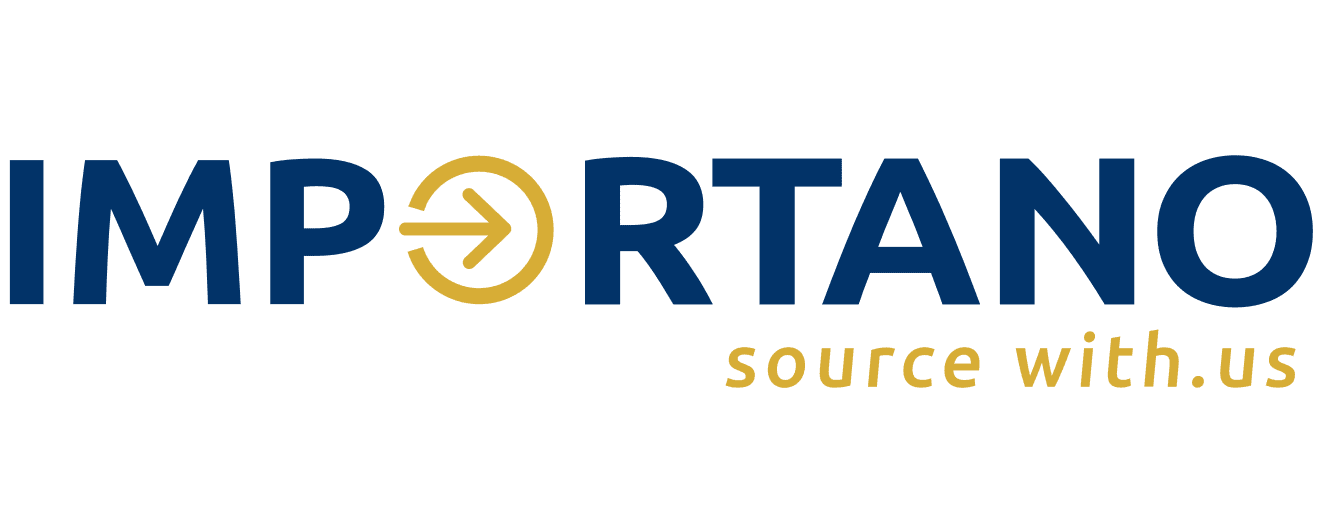
04 Apr IMPORT BUSINESS TERMINOLOGY: A COMPREHENSIVE GUIDE FOR BEGINNERS
Navigating the world of import business can be daunting, especially for newcomers. The industry is filled with specialized terminology that can be confusing if you’re not familiar with it. Understanding these terms is crucial for managing your import operations effectively, communicating with suppliers and logistics providers, and ensuring compliance with international trade regulations. This blog provides a comprehensive guide to essential import business terminology, helping you build a strong foundation for your import ventures.
Table of Contents
Introduction
The import business involves buying goods from overseas suppliers and bringing them into your home country for resale or use. To succeed in this field, you need to understand the language of international trade. Whether you’re dealing with customs officials, negotiating with suppliers, or working with freight forwarders, knowing the right terms can save you time, money, and headaches.
Key Import Business Terms
a. Incoterms
Incoterms (International Commercial Terms) are standardized terms used in international trade to define the responsibilities of buyers and sellers. They specify who pays for shipping, insurance, and customs clearance, as well as where the risk transfers from the seller to the buyer. Common Incoterms include:
- EXW (Ex Works): The seller makes the goods available at their premises, and the buyer is responsible for all transportation and costs.
- FOB (Free On Board): The seller delivers the goods to the port of shipment, and the buyer assumes responsibility once the goods are loaded onto the vessel.
- CIF (Cost, Insurance, and Freight): The seller pays for the cost of goods, insurance, and freight to the destination port.
- DDP (Delivered Duty Paid): The seller handles all costs and risks until the goods are delivered to the buyer’s location, including customs duties and taxes.
b. Customs and Duties
- Customs: The government authority responsible for regulating the flow of goods into and out of a country.
- Duty: A tax imposed on imported goods by the customs authority of the importing country.
- Tariff: A schedule of duties imposed on specific categories of goods.
- Harmonized System (HS) Code: A standardized numerical code used to classify traded products for customs purposes.
- Customs Broker: A licensed professional who assists importers in clearing goods through customs.
c. Shipping and Logistics
- Bill of Lading (B/L): A legal document issued by the carrier to the shipper, detailing the type, quantity, and destination of the goods being carried.
- Freight Forwarder: A company that arranges the transportation of goods on behalf of importers and exporters.
- Container Freight Station (CFS): A facility where goods are consolidated or deconsolidated for shipping.
- TEU (Twenty-Foot Equivalent Unit): A standard measure for cargo capacity, equivalent to a 20-foot shipping container.
- Demurrage: A fee charged by the shipping line for delays in returning a container after unloading.
d. Documentation
- Commercial Invoice: A document provided by the seller to the buyer, detailing the transaction and value of the goods.
- Packing List: A document that lists the contents of a shipment, including weights, dimensions, and packaging details.
- Certificate of Origin: A document certifying the country where the goods were manufactured.
- Import License: A permit required by some countries to bring certain goods across their borders.
- Letter of Credit (L/C): A financial document issued by a bank guaranteeing payment to the seller upon fulfillment of specific conditions.
e. Trade Compliance
- Import Quota: A limit on the quantity of a specific good that can be imported into a country.
- Anti-Dumping Duty: A tariff imposed to protect domestic industries from foreign goods sold below market value.
- Free Trade Agreement (FTA): An agreement between countries to reduce or eliminate tariffs and trade barriers.
- Customs Bond: A financial guarantee required by customs to ensure payment of duties and taxes.
- Restricted Goods: Items that require special permits or licenses to import, such as pharmaceuticals or firearms.
Tips for Mastering Import Terminology
- Use Online Resources: Websites like the International Chamber of Commerce (ICC) and government trade portals offer glossaries and guides.
- Attend Trade Workshops: Participate in seminars or webinars focused on international trade to learn from experts.
- Consult Professionals: Work with customs brokers, freight forwarders, or trade consultants to deepen your understanding.
- Practice Regularly: Use the terms in your daily operations to reinforce your knowledge.
- Stay Updated: Trade regulations and terminology can change, so keep yourself informed about industry developments.
Conclusion
Mastering import business terminology is essential for anyone involved in international trade. It not only helps you navigate the complexities of the import process but also ensures smooth communication with stakeholders and compliance with regulations. By familiarizing yourself with key terms and concepts, you can build a strong foundation for your import business and set yourself up for long-term success.
Whether you’re a beginner or an experienced importer, this guide serves as a valuable resource to enhance your understanding of the import business landscape. With the right knowledge and tools, you can confidently tackle the challenges of global trade and unlock new opportunities for growth.

No Comments